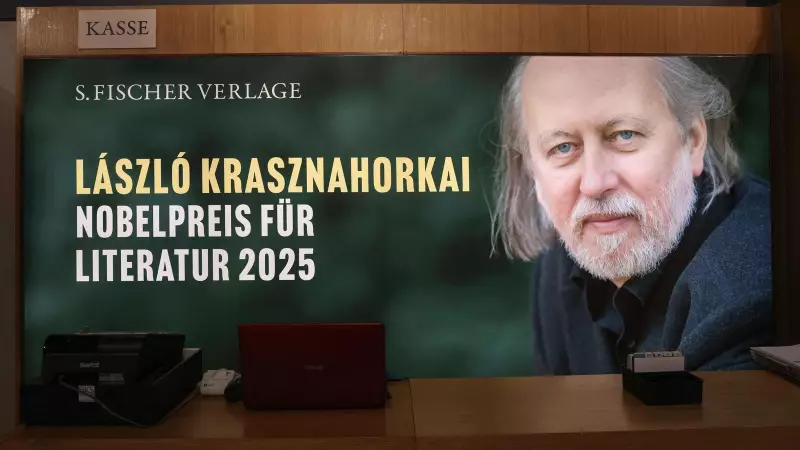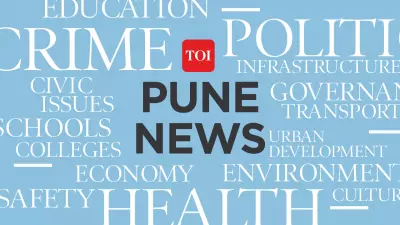
The literary world is buzzing with anticipation as the 2025 Nobel Prize in Literature approaches, reigniting the perennial debate about what truly defines literary excellence. Should the world's most prestigious literary honor celebrate pure artistic achievement, or should it acknowledge authors who have successfully bridged the gap between high art and popular appeal?
The Murakami Conundrum: Global Phenomenon vs Nobel Committee
Japanese author Haruki Murakami stands at the center of this controversy. With millions of books sold worldwide and translations spanning dozens of languages, Murakami represents the rare author who combines critical acclaim with massive commercial success. His unique blend of magical realism, Western culture references, and Japanese sensibility has created a global literary phenomenon.
Yet, year after year, the Nobel Prize eludes him. This pattern raises fundamental questions about the selection committee's preferences and whether widespread popularity somehow diminishes an author's chances of receiving the ultimate literary validation.
Historical Precedents: When Commerce and Art Collide
The tension between art and commerce isn't new to the literary world. Consider these contrasting examples:
- Béla Tarr's Satantango represents the pinnacle of artistic purity—a demanding, seven-hour cinematic masterpiece that challenges conventional storytelling and prioritizes artistic vision over mass consumption
- Quentin Tarantino's Pulp Fiction demonstrates how commercial success and artistic innovation can coexist, creating a cultural landmark that reshaped cinema while achieving mainstream popularity
These examples highlight the spectrum of creative expression and the different ways audiences engage with art.
The Mass Media Revolution: Redefining Literary Value
In today's digital age, the relationship between art and commerce has transformed dramatically. Social media platforms, online book communities, and digital publishing have democratized literary success, creating new pathways for authors to reach audiences without traditional gatekeepers.
This shift challenges the Nobel committee to reconsider their criteria. Should an author's ability to connect with millions of readers worldwide be considered a legitimate form of literary achievement? Or does true artistic value lie in works that resist commercial compromise?
The 2025 Prediction: Which Way Will the Committee Lean?
As speculation mounts about the 2025 winner, several factors suggest the committee might be reevaluating their stance:
- The growing influence of global readership in shaping literary conversations
- Increasing pressure to make literature relevant to younger generations
- The recognition that accessibility doesn't necessarily mean compromising artistic integrity
Whether Murakami finally receives the Nobel or the committee continues its tradition of celebrating more obscure literary voices, the 2025 announcement will undoubtedly spark fresh conversations about what we value in literature and why.
The Nobel Prize in Literature decision will not only crown a winner but will also make a powerful statement about the future direction of literary appreciation in our increasingly commercialized world.





